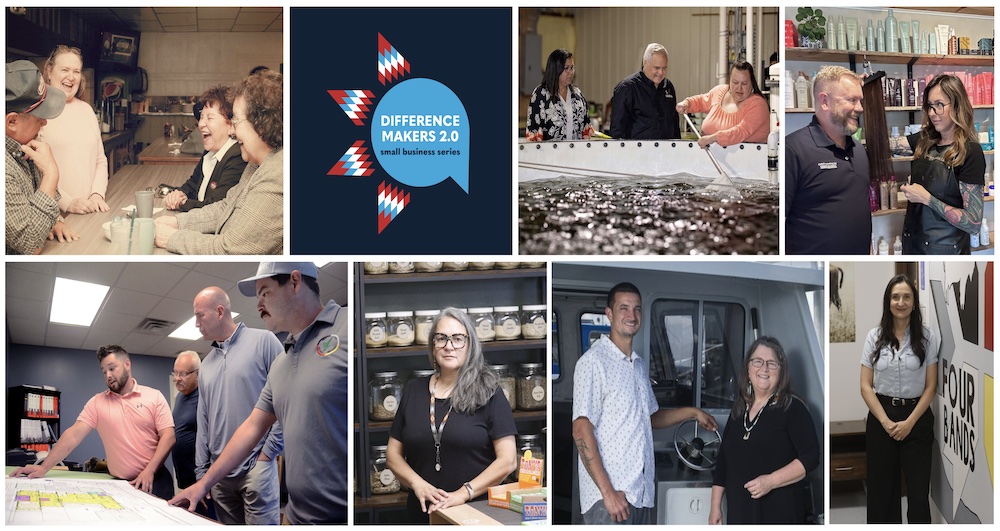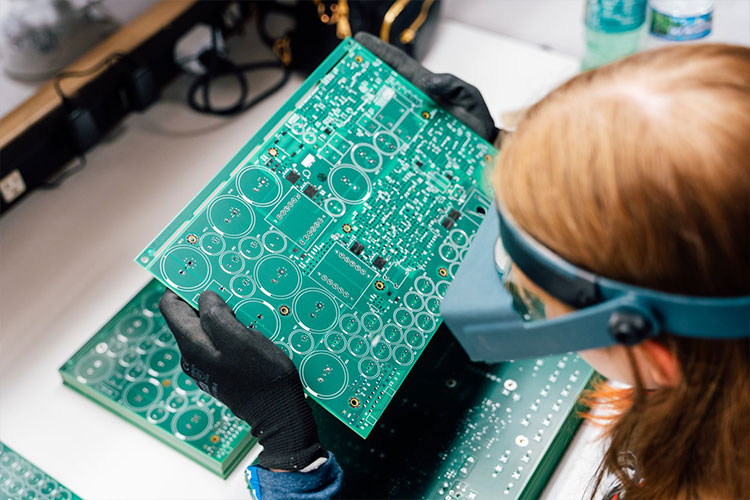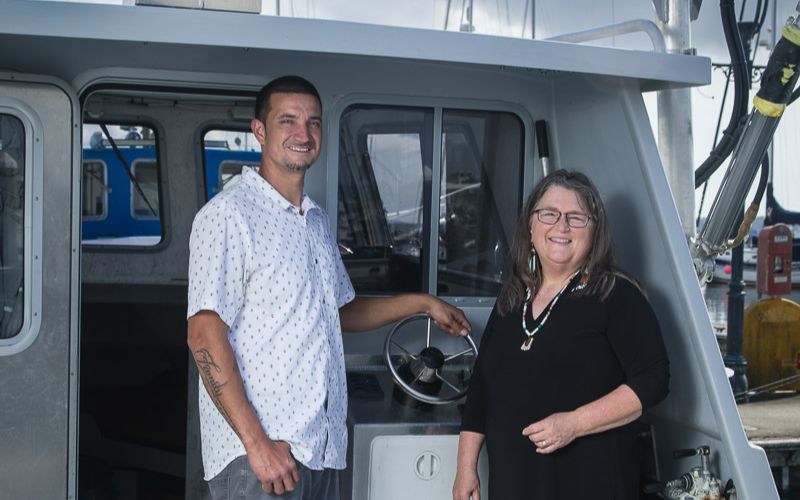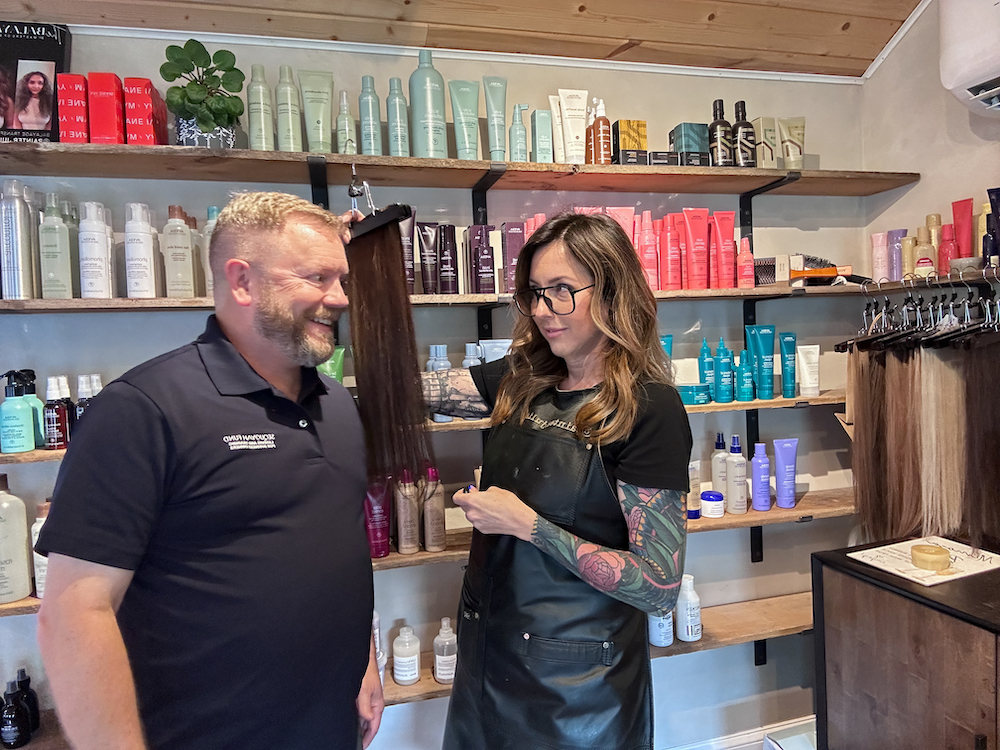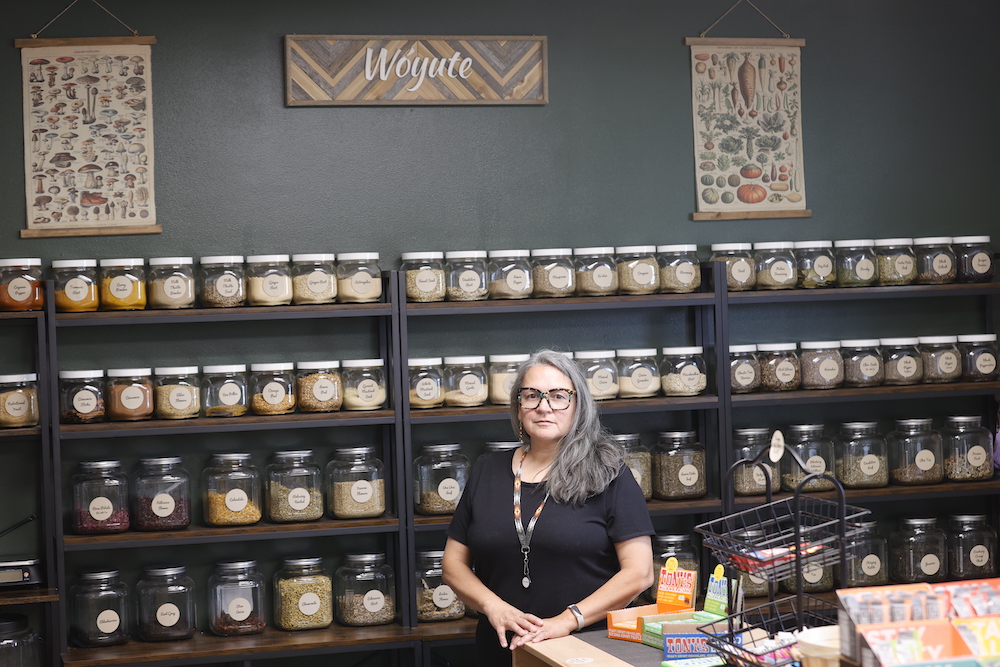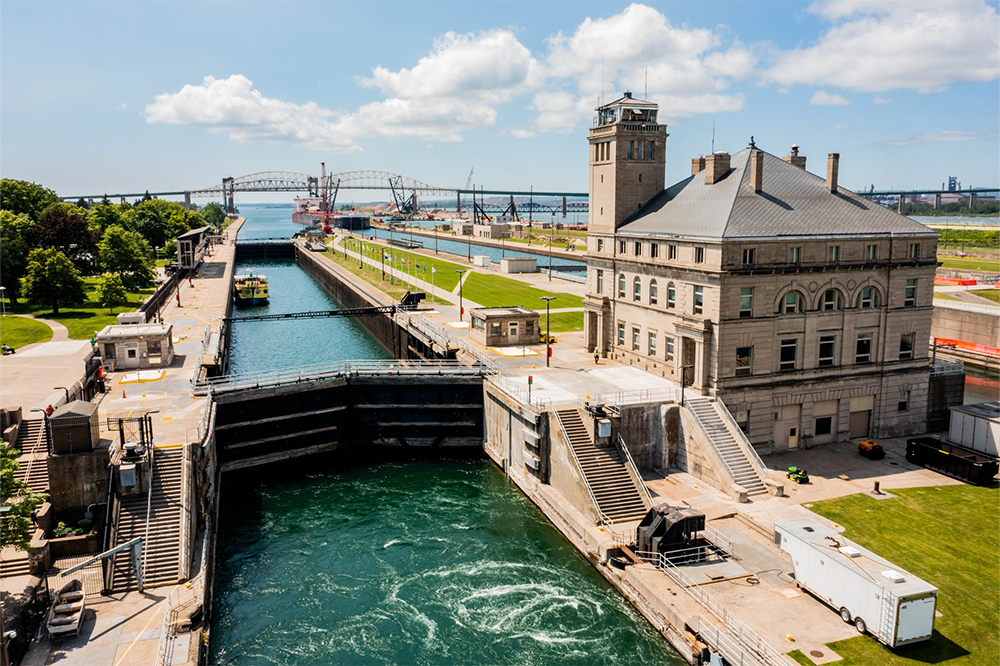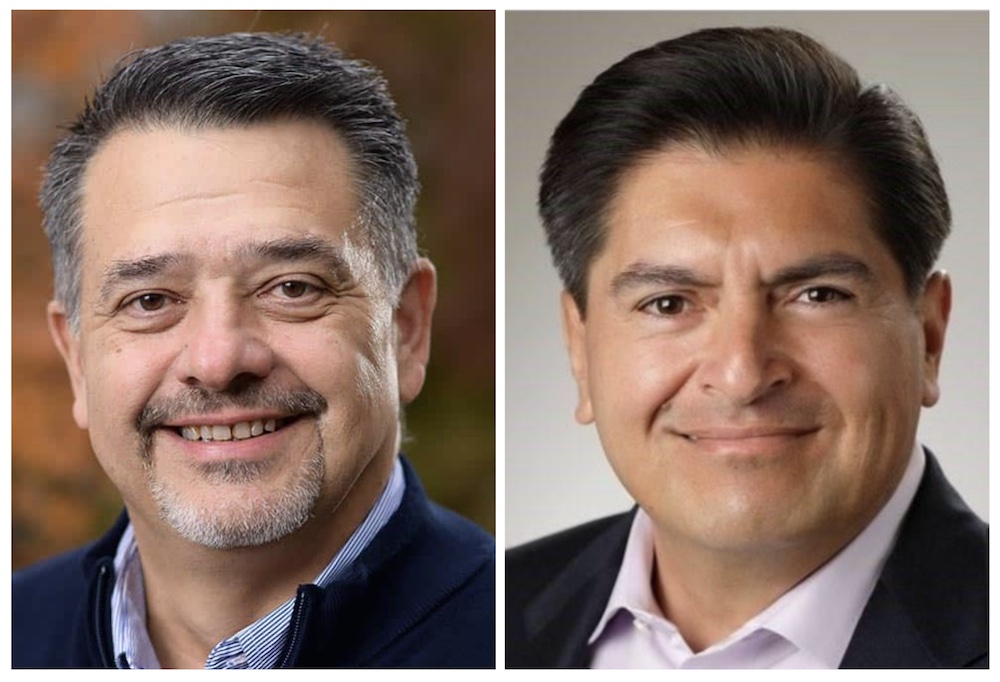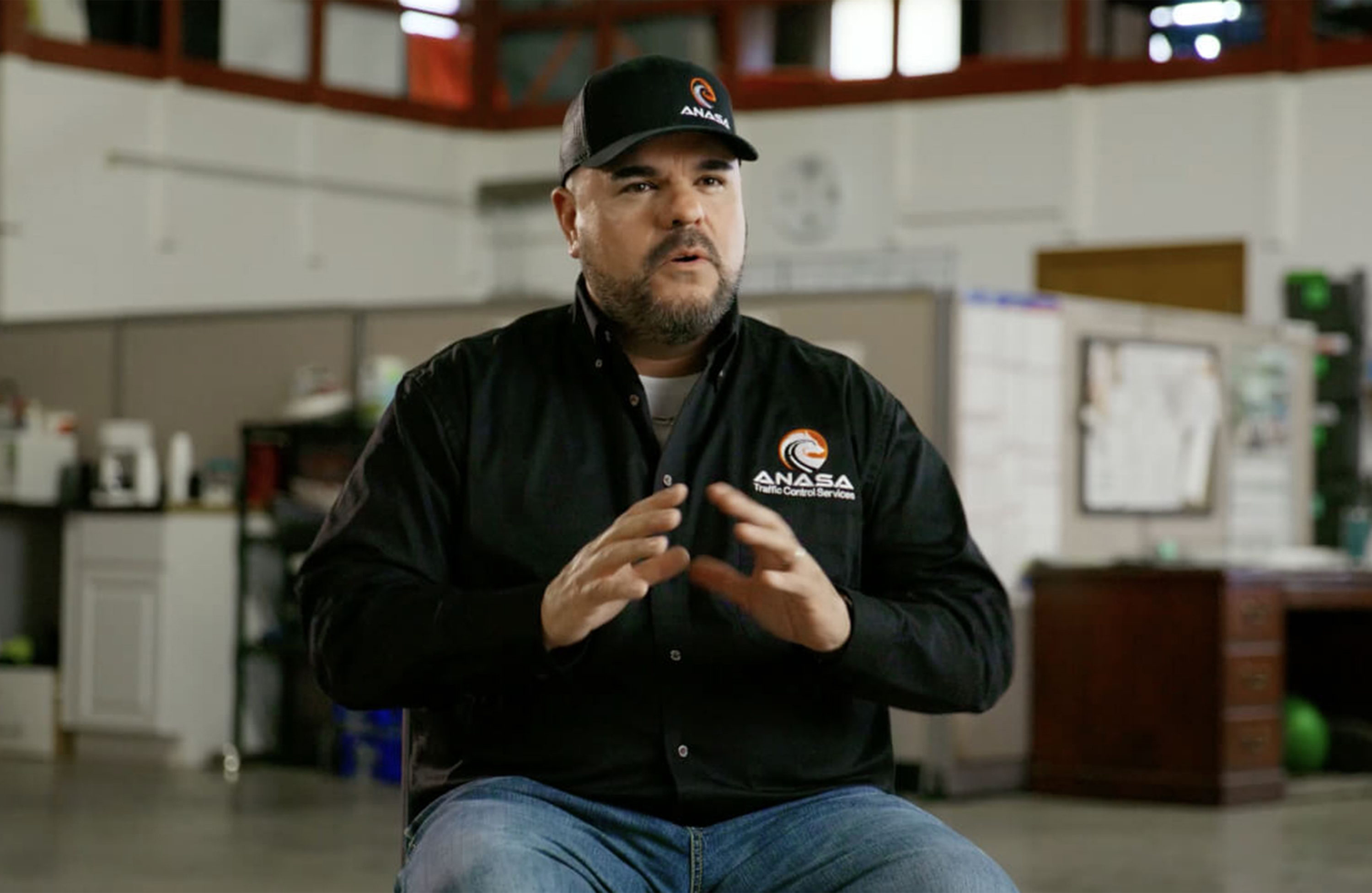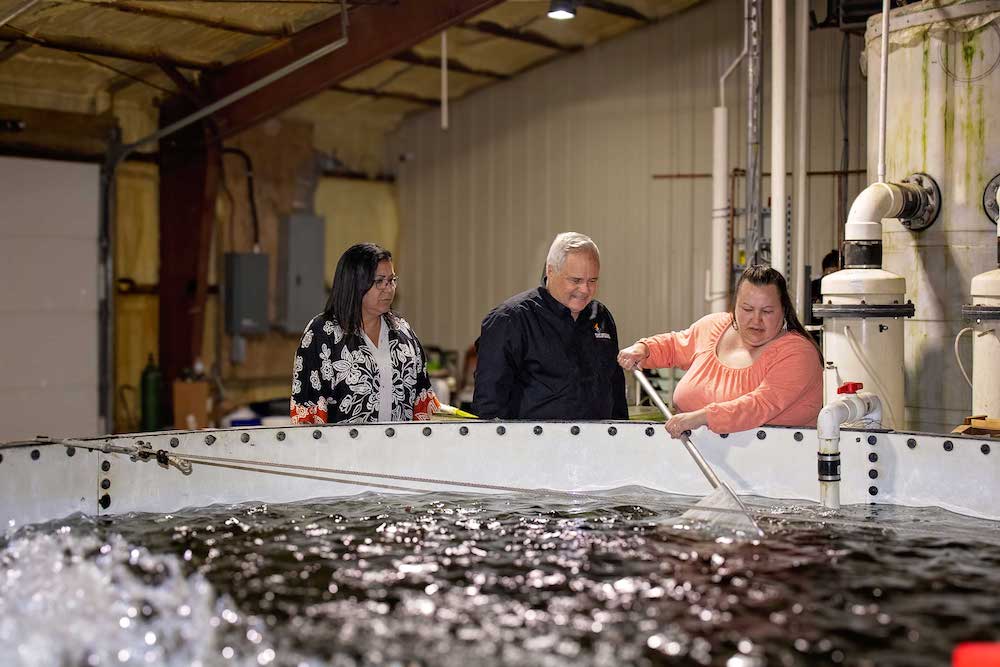Sponsored Content
- Details
- By Tribal Business Content Studio
- Sponsored Content
- Type: Default
- Paywall Status: Free
- Reader Survey Question: No Question
“If you are not at the table, you are on the menu.”
That sentiment guides Native CDFI Network CEO Pete Upton as he works to support Native community development financial institutions (CDFIs), advocating for policy and funding to elevate economic development across Indian Country. Upton always works to make sure Native CDFIs have a seat at the table when decisions are being made that affect Native communities.
- Details
- By Michigan Economic Development Corporation
- Sponsored Content
- Type: Default
- Paywall Status: Free
- Reader Survey Question: No Question
In today’s business environment, industry leaders are adopting the tried-and-true mantra of real estate agents: location, location, location. Finding the right place to invest or relocate is vital for businesses to stay competitive, profitable and sustainable. There are 50 states to choose from, and countless locations overseas, so how do businesses make the right decision? By taking a holistic approach, one state is setting itself apart: Michigan. Ranked as a Top 10 State for Doing Business by CNBC and Area Development, Michigan is garnering the attention of business leaders across all industries. In order to help build the case for the Great Lakes State with prospective leaders, the state created the Make It in Michigan economic development strategy, focused on three key pillars: People, Places and Projects.
'ALWAYS A GOOD DAY ON THE SEA' | Pacific Northwest Tribal Lending Helps Fisherman Live His Big Dream
- Details
- By Tribal Business Content Studio
- Sponsored Content
- Type: Default
- Paywall Status: Free
- Reader Survey Question: No Question
Anthony Henry has been fishing in the Salish Sea — the water that spans Washington state's Puget Sound — for his entire life.
- Details
- By The Right Place
- Sponsored Content
- Type: Default
- Paywall Status: Free
- Reader Survey Question: No Question
One of the largest community-driven tech events in the country begins on Sept. 16th
- Details
- By Tribal Business Content Studio
- Sponsored Content
- Type: Default
- Paywall Status: Free
- Reader Survey Question: No Question
Julie Painter, an enrolled member of the Eastern Band of Cherokee Indians, describes her decision to buy a business at age 25 back in 2008 as "a little bit of delusional insanity."
- Details
- By Tribal Business Content Studio
- Sponsored Content
- Type: Default
- Paywall Status: Free
- Reader Survey Question: No Question
In Eagle Butte, S.D., on the Cheyenne River Lakota Reservation, tribal citizens can find high-quality traditional foods, such as bison and wild rice, at Wóyute Natural Foods & Apothecary.
- Details
- By Michigan Economic Development Corporation
- Sponsored Content
- Type: Default
- Paywall Status: Free
- Reader Survey Question: No Question
When it comes to business success stories, Walsh Service Solutions stands as a prime example of finding growth and opportunity in Michigan. This Tribally owned and service-disabled veteran-owned business is deeply rooted in the state’s business ecosystem, providing contracting services across corporate, commercial and government industries. Recently relocating to Sault Ste. Marie from the Kalamazoo Area, Walsh Service Solutions represents more than just a business; its work is a catalyst for regional economic development and social transformation, driving middle-class growth and empowering communities throughout Michigan.
- Details
- By Tribal Business Content Studio
- Sponsored Content
- Type: Default
- Paywall Status: Free
- Reader Survey Question: No Question
Native American communities in California and Nevada are facing a critical shortage of financial resources. Despite a combined Native American population of nearly 800,000 and 130 federally recognized tribes, these two states are home to only one certified Native community development financial institution (CDFI).
- Details
- By First American Capital Corp.
- Sponsored Content
- Type: Default
- Paywall Status: Free
- Reader Survey Question: No Question
In the middle of the pandemic’s uncertainty, Adam J. Skenandore began his journey to use his expertise as a Traffic Control Technician and start ANASA Traffic Control Services, LLC.
- Details
- By Tribal Business Content Studio
- Sponsored Content
- Type: Default
- Paywall Status: Free
- Reader Survey Question: No Question
Twenty years ago, citizens of the Mi’kmaq Nation in northern Maine faced significant challenges in sourcing brook trout, a traditional food for the federally recognized tribe. Polluted waters had rendered the most accessible fishing spots unsafe.
